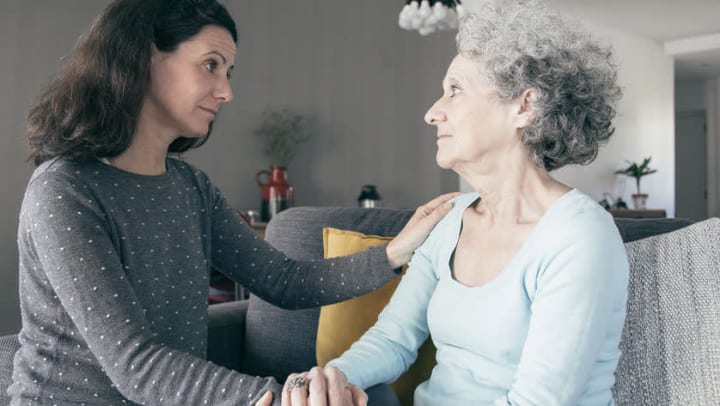
Soon we will turn the clocks ahead by one hour. That means it will be darker in the morning but lighter in the early evening. Other than a little groaning about losing the hour in the morning, most of us welcome daylight savings, not only for that extra hour of sunlight, but for the anticipation of spring and warmer weather ahead.
However, for an individual challenged by a dementia, such as Alzheimer’s disease, that hour can wreak havoc on their days and evenings.
Why is this? It’s called “Sundown Syndrome” or “Sundowning” and it is a very real symptomatic condition that causes anxiety when the daylight hours shift into evening. The lower lighting, shadows on the walls, the flurry of activity as people come home from work or a care shift changes; all can cause panic for those living with dementia.
Unfortunately, the exact cause of Sundown Syndrome is unknown. But we do know that there are some conditions and situations that can exacerbate its impact. Here are a few, courtesy of Dr. Jonathan Graff-Radford with the Mayo Clinic:
What can family caregivers do in advance of daylight savings time to minimize the impact of Sundown Syndrome? Here are some tips from Dr. Graff-Radford:
Sundown Syndrome is a very real behavioral condition. But it can be minimized with some advance planning and awareness. Taking a few steps to counteract the impact of sundowning will help your loved one adapt more readily and help everyone enjoy the benefits of daylight savings time.
Related Articles: